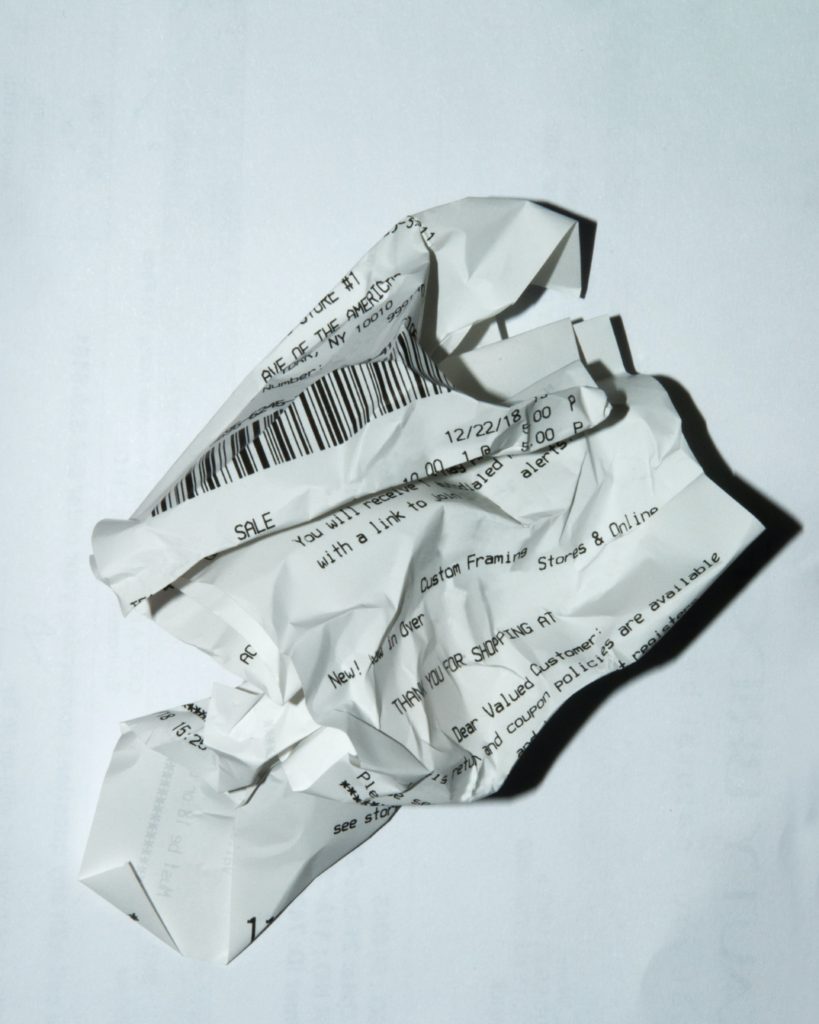
POOR UNCLE – FORENSIC Accountant
Forensic Accountant Services – Divorce Judge‘s Best Friend | Rich Uncle Divorce Excerpt Learn the importance of forensic accounting services for divorce court cases, and how CPA‘s provide specialized knowledge and investigative skills to interpret and communicate findings. Understand the rules for accountants issued by the Forensic & Valuation Services Executive Committee and the AICPA‘s Statement on Standards for Forensic Services. See how problem–solving forensic accountants’ great tools are for resolving cases in divorce court and how fraudulently under–reporting income and over–reporting expenses can lead to serious consequences. Get the details from the book, Rich Uncle Divorce.
Forensic Accountant – Divorce Judge’s best friend
He avoided forensic accountant scrutiny like the plague. My poor uncle was very good for the accounting industry in town. Not only because of the divorce. Casually, he would change business accountants and personal accountants year after year. His theory was that when the IRS caught up with him, he would blame the prior accountants and have the current accountant defend him. He never used the same accountant for his business and personal… Until the divorce judge hired a forensic accountant.
Forensic Accountant – his worst nightmare!
He also made a point to never allow the business accountant and personal accountant to get too close. My poor uncle deflected the accountants’ necessary diligence. He distracted innate curiosity by name dropping and referring loads of his crooked friends to the new accountants. The new accountant was proud to have a new client.
My poor uncle was confident in the fine professional and honest services that would be rendered. The new accountant would leave his professional guard slightly down. Unlike a forensic accountant – the new accountant took time to realize the game. All my poor uncle’s referrals played the same game – one accountant for the business and one accountant for the personal. New accountant every year.
Of course, my poor uncle would lavish the new accountant with praise and express his appreciation. The last accountant should be left in the dust. Some would wise up and refuse to file returns for my poor uncle. “Fine by me,” he would say to himself and not file. My poor uncle hoped that the taxing authorities would forget about him.
Alternately, he would be able to blame the old accountant by the time they caught up with him.
After a trip to the county jail for failing to fund the forensic accountant required by the divorce Judge’s order, he had the business accountant prepare a valuation report. The report was eagerly anticipated by everyone. The thought had occurred to my poor aunt that since his arrest, maybe my poor uncle was tiring out and was ready to deal.
Rather than following the standards for forensic evaluations or even IRS Ruling 59, my poor uncle’s report was a piece of garbage – not the work of a true forensic accountant. The fake forensic accountant report did not meet the standards of the AICPA’s Statement on Standards for Forensic Services. Reference to book value and a couple pages from an old accounting manual would not cut it with the divorce judge. When deposed, the so-called forensic accountant outed my poor uncle for fraudulently doctoring the report that the accountant had shared with my poor uncle in “draft.”
*Forensic Accountant Standards – Rules for Accountants
My poor uncle was required to fund the forensic accounting report. He delayed, he submitted a false report and lobbied through his children to my poor aunt. He argued that the process was an unnecessary waste of time. When he didn’t pay, his lawyer quit the case.
The accountant quit and the lawyer quit
My poor aunt’s lawyer issued subpoenas to banks, prior accountants and my poor uncle’s customers. Broad discovery is referred to as a fishing expedition where you issue a bunch of subpoenas and hope something useful comes back. “Scorched earth” litigation is when the fishing expedition extends to issuing subpoenas to the other spouse’s business clients and vendors.
The divorce Judge – forced the case to conclusion
Subpoena responses and a couple of depositions painted an incomplete picture. My poor aunt funded the beginnings of a forensic evaluation of my poor uncle’s business. With the usual 16 pages of caveats, the forensic accountant indicated my poor uncle had underreported his income by at least half and likely more.
Surprisingly, due to my poor uncle and poor aunt’s lifestyle, it appeared substantial income was flowing into the household. The “lifestyle analysis” demonstrated a significant variance with the reported income. Incredible tax returns would further smear any hope of a credible presentation before the divorce judge. Unsurprisingly, the divorce judge reported my poor uncle for overt tax fraud to the IRS and state taxing authorities. With an inkling that there was significant tax fraud perpetrated throughout my poor uncle’s marriage, I urged him to make a deal and to let the forensic accountant serve as an ally in dealmaking rather than an agent of the taxing authorities.
Problem-solving forensic accountants are wonderful tools in resolving cases in divorce court.
They only become agents of the taxman when their reports are submitted to the court and demonstrate brazen tax fraud. When the forensic accountant adds back a few personal expenses – so what! Or the forensic projects a small quantum of unreported income, divorce judge – ho-hum. When the litigant’s business is based upon dramatically underreporting income – problem. And fraudulently overreporting expenses divorce judge has an obligation to drop a dime.
Finally, my poor uncle’s years of palpable fraud were about to be exposed to the divorce judge.
This article is adapted from my book Rich Uncle Divorce – here is another little snippet on my blog – Rich Uncle Divorce – excerpt
*Issued by the Forensic & Valuation Services Executive Committee, Statement on Standards for Forensic Services (SSFS) applies to any member of the AICPA, or employee of a member firm, who provides services to a client as part of a litigation or investigation engagement. These Standards became effective January 1, 2020.
Forensic accounting services generally involve the application of specialized knowledge and investigative skills. CPAs collect, analyze, and evaluate evidential matter and to interpret and communicate findings in the courtroom, boardroom, or other legal or administrative venue. More simply, in the context of litigation, the term forensic means to be suitable for use in a court of law. These resources are intended to assist practitioners in competently performing these duties while staying current on issues that impact their day-to-day practice.
Photo by Michael Walter on Unsplash – thank you!

